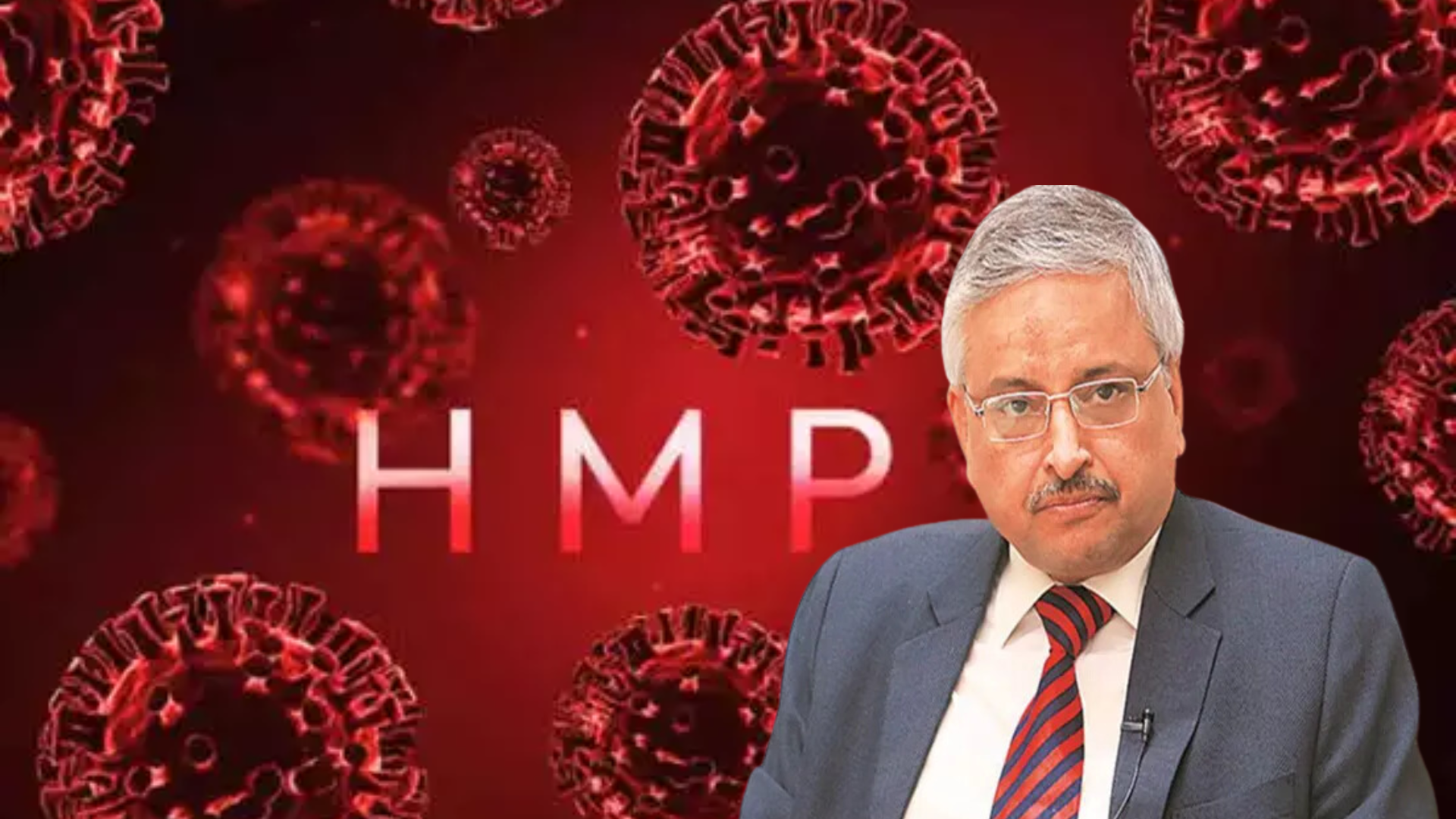Human Metapneumovirus (HMPV) has recently become a topic of concern, particularly after a surge in cases in China. While there have been no reported cases in India yet, health authorities remain vigilant. This article provides a detailed look at HMPV, including its symptoms, testing protocols, prevention methods, and current advisories.
Understanding HMPV
HMPV is a respiratory virus that belongs to the same family as viruses causing RSV (Respiratory Syncytial Virus), measles, and mumps. First discovered in 2001, it has likely been circulating among humans for decades.
The virus primarily affects the respiratory system and can range from mild symptoms to severe complications, especially in vulnerable populations like young children, the elderly, and individuals with weakened immune systems.
Symptoms of HMPV
HMPV symptoms often resemble those of the common cold or flu. Common symptoms include:
- Cough
- Fever
- Nasal congestion
- Runny nose
- Sore throat
- Shortness of breath
- Wheezing
In severe cases, HMPV can lead to complications such as bronchitis or pneumonia. It is particularly dangerous for infants, older adults, and those with compromised immune systems.
If you exhibit symptoms consistent with a respiratory infection and belong to a high-risk group, consult a healthcare provider. Early diagnosis can help manage symptoms and prevent complications.
Diagnostic Tests for HMPV
Healthcare providers may recommend the following tests to confirm HMPV:
- Polymerase Chain Reaction (PCR) Test: Detects viral RNA in respiratory samples (e.g., nasal or throat swabs).
- Rapid Antigen Test: Identifies viral proteins in respiratory specimens.
The time for results varies:
- PCR tests typically take 24-48 hours.
- Rapid antigen tests can provide results within 15-30 minutes.
How HMPV Spreads
HMPV spreads through direct contact with infected individuals or contaminated surfaces. Common modes of transmission include:
- Coughing and Sneezing: Airborne droplets carry the virus.
- Physical Contact: Shaking hands, hugging, or kissing someone infected.
- Touching Surfaces: Contaminated objects like door handles, phones, or toys can harbor the virus.
Prevention Measures
Since there is no vaccine for HMPV, prevention relies on following these measures:
- Hand Hygiene: Wash hands frequently with soap and water or use an alcohol-based hand sanitizer.
- Respiratory Etiquette: Cover your mouth and nose with your elbow or a tissue when coughing or sneezing.
- Avoid Close Contact: Stay away from individuals showing symptoms of respiratory illness.
- Disinfect Surfaces: Regularly clean frequently touched objects.
- Stay Home When Sick: Avoid spreading the virus to others.
Current Advisory in India and Across The Globe
Indian health authorities have not reported any HMPV cases but are monitoring the situation closely. The Union Health Ministry has issued advisories focusing on prevention and preparedness.
In Karnataka, health officials have emphasized preventive measures, noting that no cases have been detected in the state.
While there are no specific travel restrictions to China due to HMPV, travelers are advised to maintain good hygiene and stay informed about health conditions at their destinations.
When to Seek Emergency Care
Seek immediate medical attention if you or your child experiences severe symptoms, such as:
- High fever (above 103°F/40°C).
- Difficulty breathing.
- Bluish skin, lips, or nails (cyanosis).
- Worsening of existing health conditions.
Expert Opinion
Dr. Rohan Krishnan, Chief Patron of the FAIMA Doctors Association, highlights the importance of preventive measures, “You can reduce your risk of getting HMPV and other infectious diseases by following simple hygiene practices and avoiding close contact with sick individuals.”
HMPV, though not widely known, poses a significant health risk, especially to vulnerable populations. By staying informed and adhering to preventive measures, individuals can reduce the likelihood of infection and help control its spread. While Indian authorities remain alert, personal responsibility and awareness are key to safeguarding public health.

















